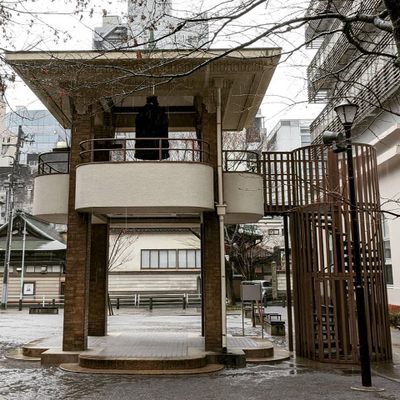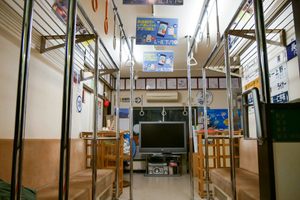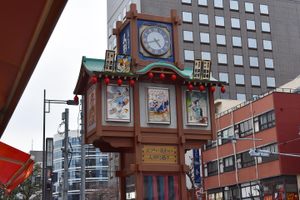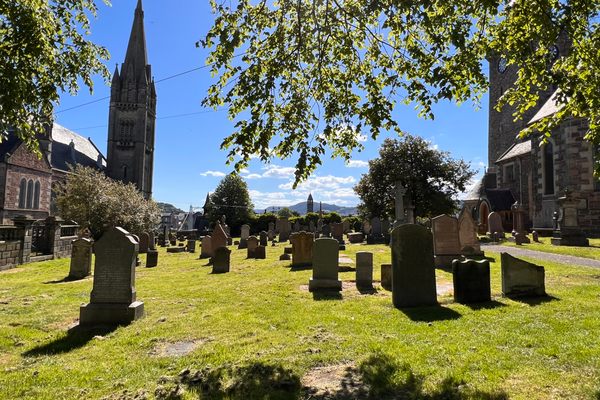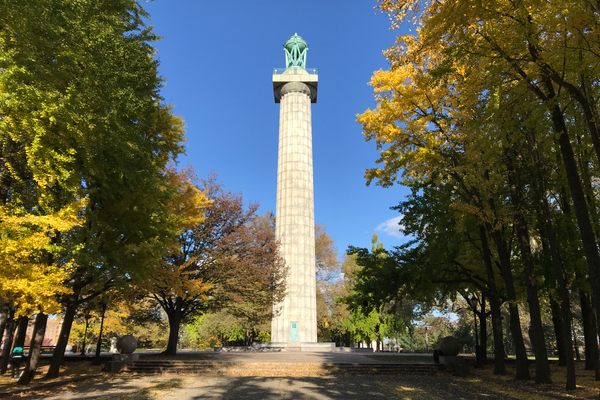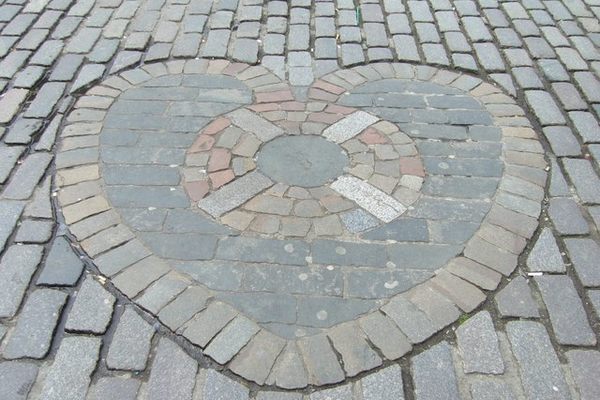About
Tucked away on a quiet street in Chuo City, Tokyo, Jisshi Park has a peaceful atmosphere and contains nice benches for sitting and eating lunch as well as a children's playground. The site of this small urban park also contains the remnants of the Edo-era Denma-chō Prison and Execution Ground.
A low wall of stacked stones can be seen on one side of the park; it is all that remains of the massive prison complex that once housed both men and women from every level of society: commoners, higher ranking officials, and samurai. The prison operated from 1613 to 1875, and it is believed that somewhere between 100,000 and 200,000 people died on its grounds during that time—either by execution or as a result of poor conditions in the prison.
Notoriously, the prison was controlled semi-autonomously by the inmates themselves who were split into a harsh hierarchy. When the number of prisoners grew too many, high-ranking inmates and wardens assassinated troublemakers, squealers and snorers, simply reporting their deaths as being caused by diseases.
The facility was decommissioned in 1875, and sat empty for several years. Over time, the site was parceled out—one building became a school, and two temples were built elsewhere on the lot. One of those temples assumed the responsibility of the souls of the prisoners who had died at Denma-chō.
One of the stone monuments standing today is dedicated to Yoshida Shōin, 19th-century samurai who died on the site. He is credited as one of the most notable intellectuals that contributed to the Meiji Restoration of 1868 and the subsequent modernization of Japan. The government deemed his ideology radical, resulting in his arrest and subsequent execution at Denma-chō Prison.
Visitors can also see a small tower containing a large Edo period bronze bell. Back then it usually served to signal time for the townsfolk, but on days when executions were held, the ringing was delayed so that the condemned prisoners could live just a few moments longer.
Related Tags
Know Before You Go
A mere minute's walk from Kodenmachō Station, but can be reached from several other stations as well, such as Akihabara which is about 15 minutes away. If you're interested in Denma-chō Prison's history, consider visiting Jisshi Square Annex adjacent to the park. It's a nursing home but on its first floor, it contains a small-scale prison museum (open 9 am - 8 pm) displaying a miniature of the prison and a portion of it preserved as excavated.
A side note: while the historical prison is commonly called Denma-chō Prison in English, the correct Japanese name was Tenmachō Rō-yashiki (Prison).
Hidden Japan: Sado Island, Nara & Kyoto
Explore a different side of Japan.
Book NowPublished
April 16, 2020

